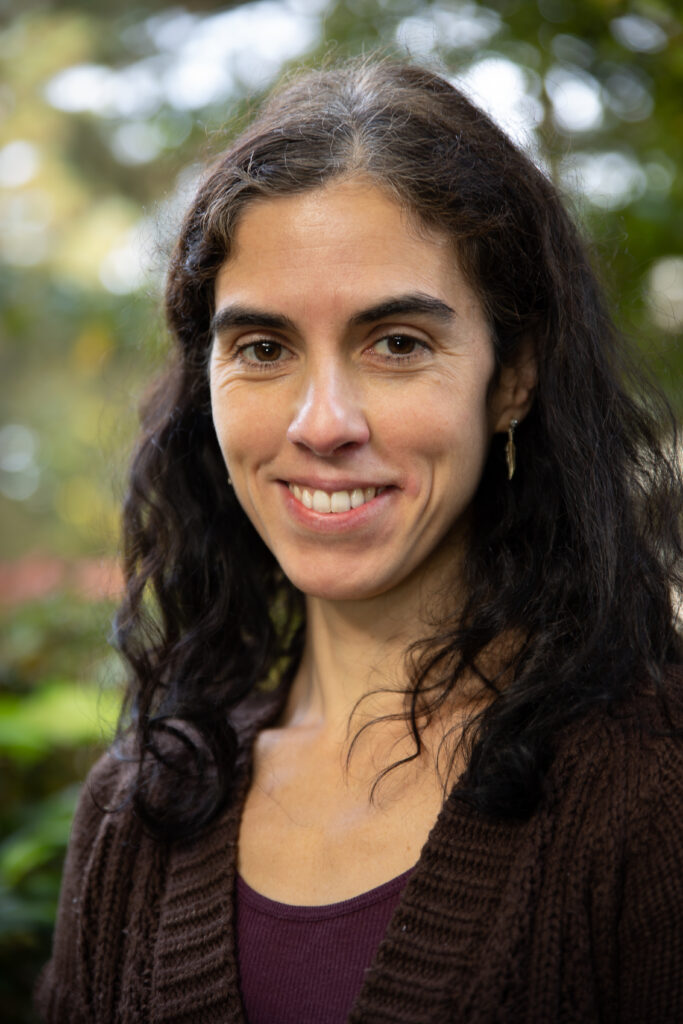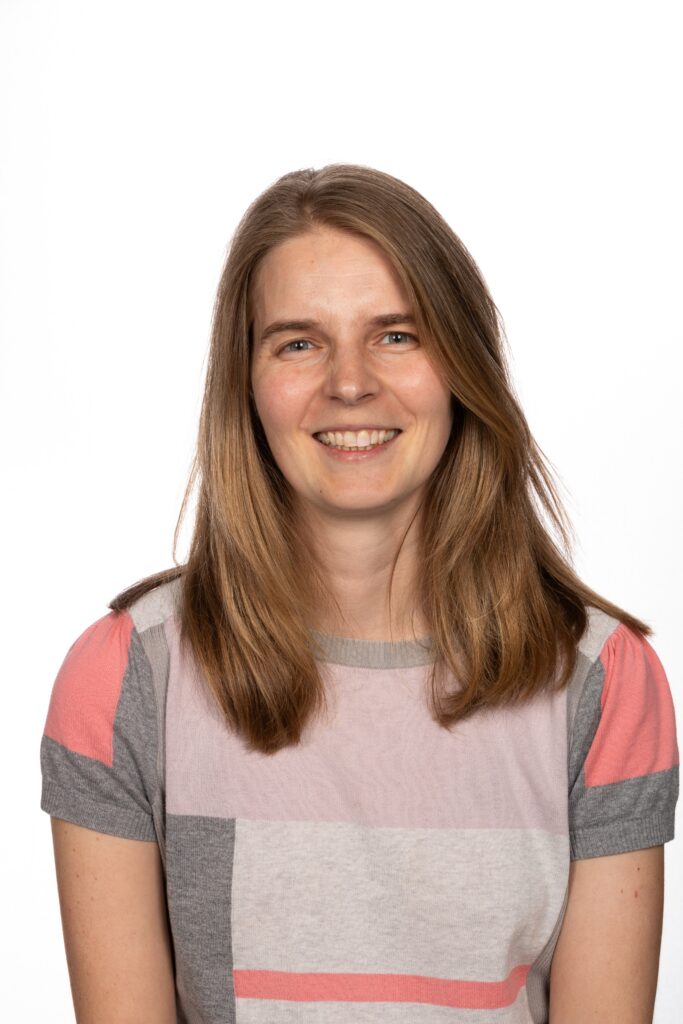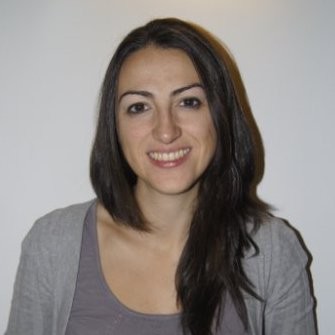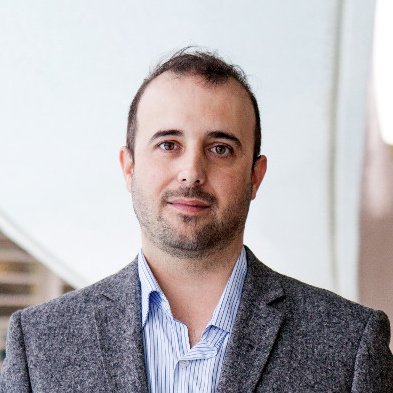| Keynote Lecture I |
Patricia Luis – Materials and Process Engineering, University of Louvain-la-Neuve

Patricia Luis is professor at the University of Louvain-la-Neuve, Belgium, in the division of Materials and Process Engineering. Her main research interests address the development of novel processes using membrane technology, such as CO 2 capture and recovery ,and water treatment, and the evaluation of the environmental impacts of novel technology. She authored more than 170 publications in these fields with more than 7000 citations.
She is Editor-in-Chief of the journals ‘Desalination and Water Treatment’ and ‘Clean Technologies’ and member of the Editorial Boards of the ‘Journal of Chemical Technology and Biotechnology’, ‘Separation and Purification Technology’, ‘C-Journal’, and ‘Heliyon’, among others. She has authored the book: Fundamental Modelling of Membrane Systems, Elsevier, 2018.
| Panel Discussion I → Biotechnology: Current limitations and coming challenges |
Ania Lukasiewicz – Wageningen University and Research.

She studied molecular plant biology at the University of Amsterdam and obtained her PhD at the University of Gent. In her PhD research, she used CRISPR-Cas to knock out potential susceptibility genes in potato protoplasts to develop resistance to Phytophthora infestans. She also completed a 5-month BlueBook internship at the European Commission, working on the proposal for an adapted regulation using New Genomic Techniques in plants. Currently, she works as a researcher on New Genomic Techniques in the plant breeding group at Wageningen University and Research.
Rosa Martín – R&D for Interventional Oncology at Johnson & Johnson

Rosa Martín serves as Associate Director R&D for Interventional Oncology at Johnson & Johnson. Rosa has over 15 years of experience on Cancer Biology and Tumor Immunology. Currently leading a Tumor Biology team supporting discovery programs for Interventional Oncology from pre-portfolio to early development. Interventional Oncology (INTO) is a Research & Development enterprise group that integrates the expertise of both Johnson & Johnson sectors, medtech and pharma, aiming to develop intratumoral treatments. They use a multidisciplinary approach to help accelerate the J&J’s bold vision to eliminate cancer by developing the portfolio and procedures to deliver drugs directly into tumors.
María Torres Toda – Laboratoire National de Santé (LNS), Luxembourg

Maria Torres Toda is a Senior Environmental and Occupational Epidemiologist at the Health Protection Department in the Laboratoire National de Santé (LNS) in Luxembourg. She is responsible for implementing epidemiological surveys in the general and occupational population in the context of chemical exposure and its potential health effects. The main output of her work is creating scientific evidence for policy-making.
Rodrigo García – President of RAICEX and CENL, ITN COSMC Amsterdam UMC (FACILITATOR)

Rodrigo García is the President of the Network of Associations of Spanish Researchers and Scientists Abroad (RAICEX) and the Association of Spanish Scientists in the Netherlands (CENL). As a biotechnologist and bioinformatician, he is pursuing his doctoral studies in computational immunology at Amsterdam UMC, where he began his work as a Marie Curie Early Stage Researcher within the ITN COSMC network.
Founded in 2019, CENL is an association created by and for Spanish scientists living and working in the Netherlands. It aims to create a common space for sharing ideas and providing mutual support during their stay in the country. Currently, the association has over 200 members, encompassing all stages of research careers and all scientific disciplines.
| Panel Discussion II → Artificial Intelligence: Where are we heading towards? |
Tom Heskes – Computer Science and Artificial Intelligence, Radboud University Nijmegen

Prof. Tom Heskes conducts research on artificial intelligence, machine learning, and data science. He uses probability calculus and statistics to develop and better understand novel data science tools. He is specifically interested in causal discovery: how to disentangle cause and effect from “big data”. The developed techniques are employed in various projects, especially within healthcare, other scientific disciplines, and industry. As co-founder of several spin-off companies, Tom Heskes has ample experience in working with practical applications of artificial intelligence and machine learning. He is currently vice dean of research of the Faculty of Science at Radboud University Nijmegen.
Rafa Gálvez – Artificial Intelligence and Privacy, COSIC KU Leuven

Rafa Gálvez is a postdoctoral researcher in the COSIC research group of the Electrical Engineering Department (ESAT) at KU Leuven University. He obtained his PhD in December 2022, defending a thesis entitled “New privacy engineering methods for artificial intelligence”. Since then he is focused on applying his knowledge to create tools that help high school and university students to receive better assessment results faster.
Luis A. Leiva – Computational Interaction research group, University of Luxembourg

Luis A. Leiva is a professor of Computer Science at the
University of Luxembourg, where he leads the Computational Interaction research group. Since 2023 he is also the director of the Interdisciplinary Lab for Intelligent and Adaptive Systems (ILIAS) at the same institution. He holds two undergraduate degrees (Industrial Design and Industrial Engineering), an MSc in Electrical Engineering, an MAS in Pattern Recognition and Artificial Intelligence, and a PhD in Computer Science. He is the co-founder and former CTO of Sciling, an SME agency specialized in B2B Machine Learning solutions. His research interests lie at the intersection of Human-Computer Interaction and Machine Learning. His main research area is computational interaction, where he combines computational thinking with data-driven models and methods to enable, explain, and support user interaction. He is a professional member of the Association for Computing Machinery (ACM) and the European Lab for Learning and Intelligent Systems (ELLIS). He currently serves as an Associate Editor for the International Journal of Human-Computer Studies (Elsevier) and the Machine Learning with Applications journal (Elsevier). He is also the recipient of several awards and recognitions both from industry and academia.
Alessia Tomo – University of Antwerp, Faculty of Law (FACILITATOR)

Alessia Tomo is a postdoctoral researcher at University of Antwerp, Faculty of Law and the operational coordinator at DigiTax, Center of Excellence. She is also a member (and component of the management committee) of the interfaculty institute Antwerp Tax Academy, of ACRAI – Antwerp Center for Responsible AI, and of the research group “Business and Law”. Before moving to Belgium, she has obtained a joint PhD, cum laude, at the University of Napoli Parthenope (Italy) and University Complutense of Madrid (Spain). Her main research field concerns artificial intelligence and taxpayers’ data protection, along with a passion for constitutional tax principle. She is author of many publications (in Italian, Spanish and English) and has been frequently invited as a guest lecturer and speaker in national and international conferences
| Keynote Lecture II: : Immunity in time and space |
Jorge Domínguez Andrés – Internal Medicine, Radboud university medical centre

Domínguez Andrés’ group examines the human body’s various immune responses to infection, focusing in particular on immunology, vaccines, infectious diseases and evolution. For example, he studied the metabolite dimethyl itaconate, a substance produced by our bodies in response to infections that curbs inflammation and boosts the immune system. In another study, he showed that improved immune responses triggered by exposure to certain infections can in fact be transmitted to successive generations. His investigation of the influence of evolutionary processes on the human immune response may lead to new approaches to disease management and prevention.
